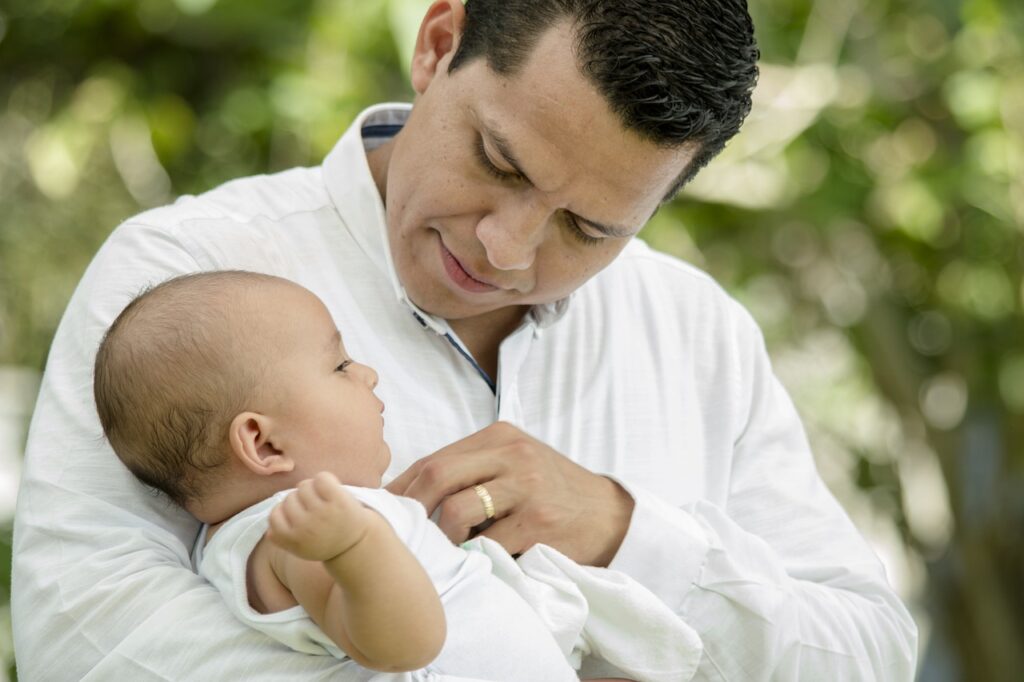
Finding the right daycare for your baby can feel overwhelming, especially for parents of newborns. With so many factors to consider—safety, staff qualifications, and daily routines—it’s essential to make an informed decision. The right daycare can provide a nurturing and stimulating environment for your baby while giving you peace of mind. This 2024 guide will walk you through the key factors to consider when choosing the best daycare for your newborn.
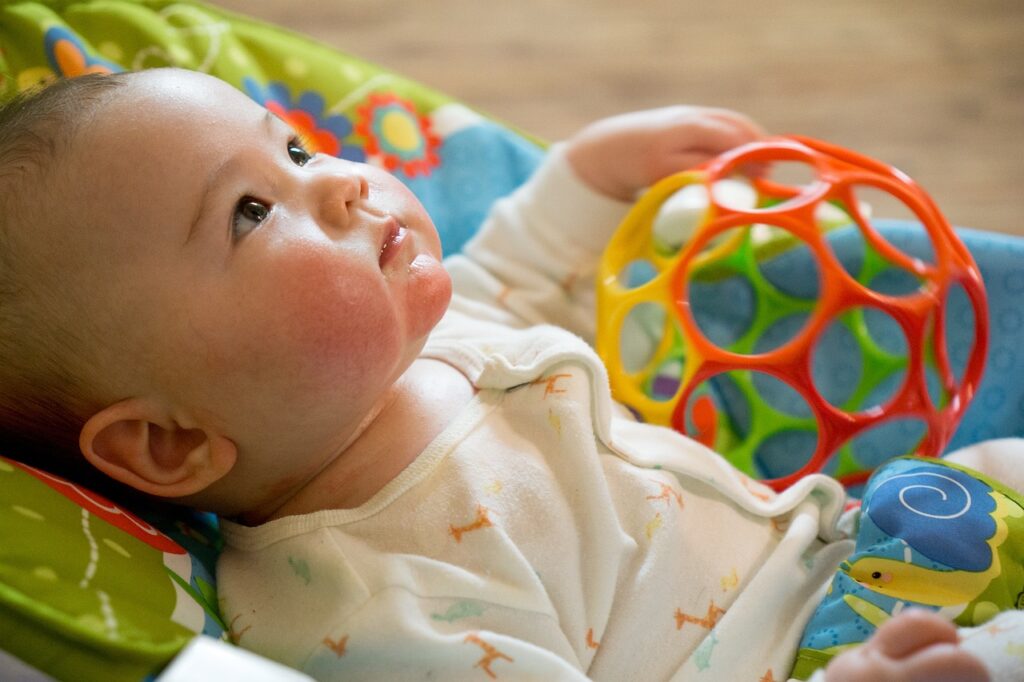

1. Prioritize Safety and Cleanliness (Newborn)
Safety should be your top priority when choosing a daycare for your baby. Look for centers that follow strict safety protocols, including:
- Secure entrances and exits to prevent unauthorized access.
- Safe sleep practices, such as placing babies on their backs and using cribs that meet safety standards.
- Regular cleaning and sanitization of toys, surfaces, and play areas. Ensure the daycare has clear policies in place for handling emergencies, including illness, injury, and fire evacuations.


2. Evaluate the Caregiver-to-Baby Ratio
Newborns need individualized care and attention, so the caregiver-to-baby ratio is crucial. A lower ratio means more one-on-one interaction with your baby, which is important for feeding, diaper changes, and early developmental activities. Most high-quality baby cares maintain a ratio of 1 caregiver to every 3-4 babies, ensuring that each child receives the care they need.
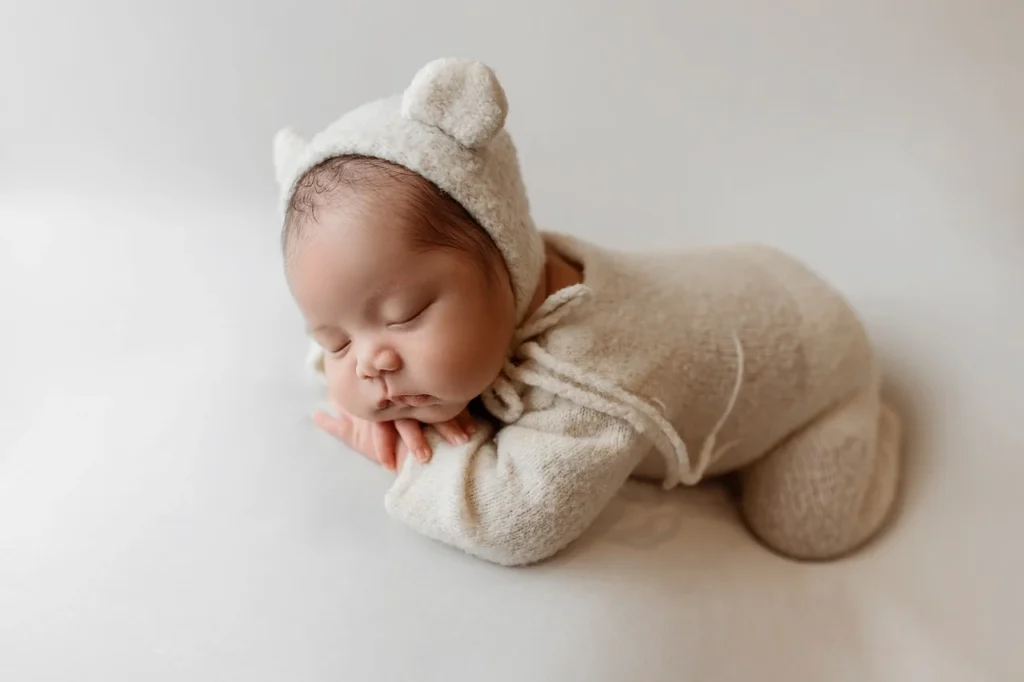

3. Qualified and Experienced Caregivers
When selecting a daycare for your baby, it’s essential to check the qualifications and experience of the staff. Look for caregivers who are trained in early childhood education, infant care, and CPR/first aid. Experienced caregivers understand the unique needs of newborns and are better equipped to handle feeding schedules, soothing techniques, and developmental milestones.
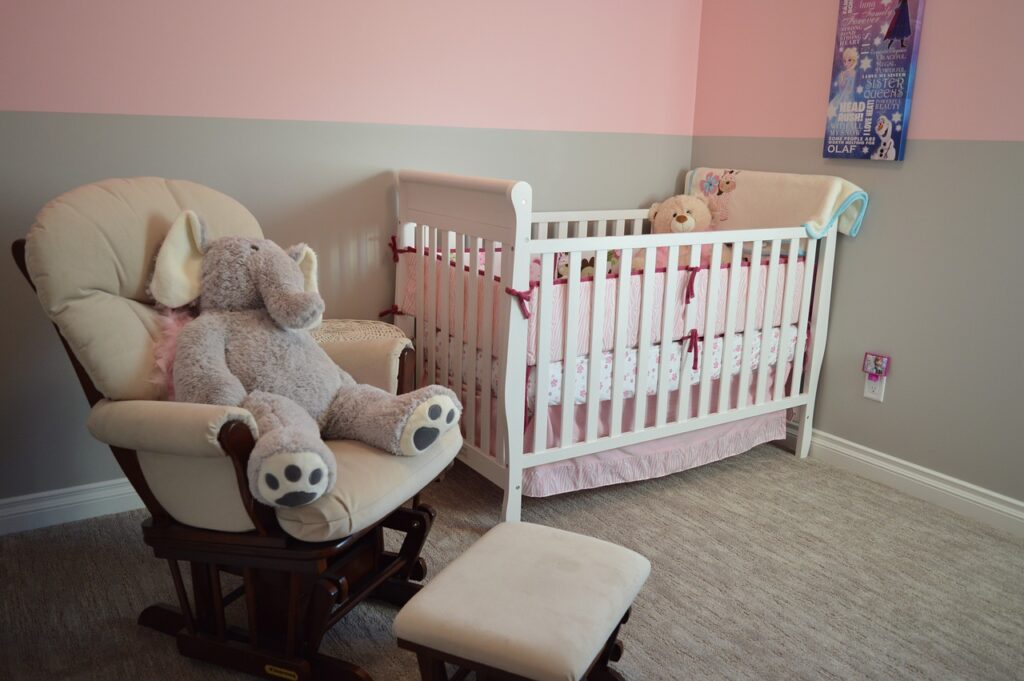

4. Daily Routines and Schedules
Newborns thrive on routine, so it’s important to choose a daycare that follows a structured schedule. Ask about how they handle feeding, napping, and diaper changes. Baby cares that allow for flexibility based on each baby’s needs are ideal, as newborns often have varying schedules.
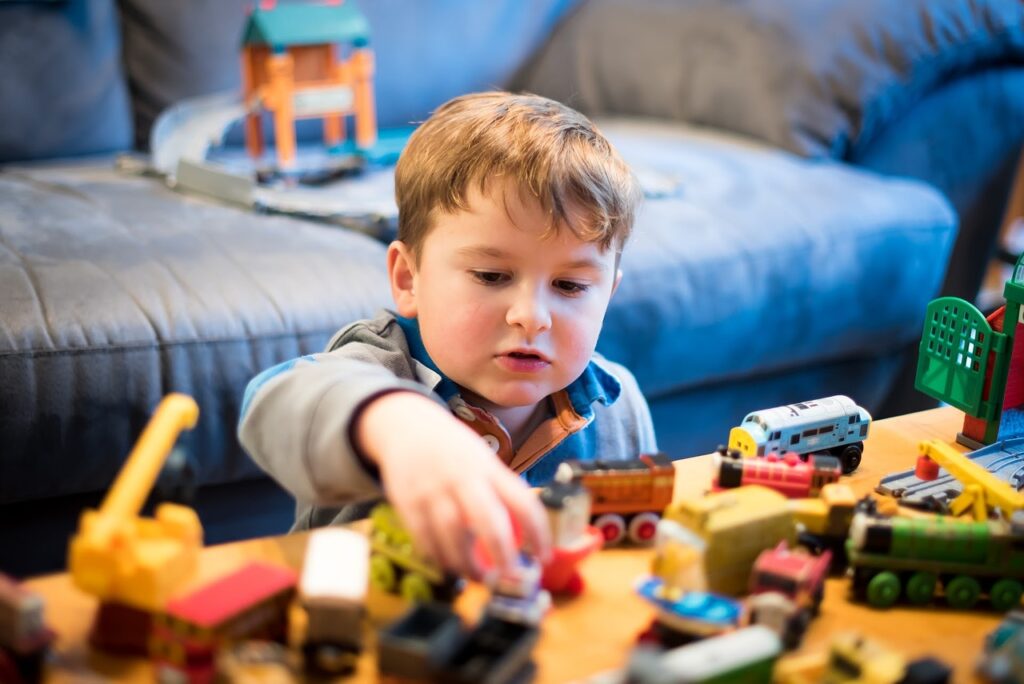
5. Feeding and Nutrition
Ensure the daycare center has a clear policy on feeding newborns. For breastfed babies, ask if the center allows you to provide expressed breast milk and how it is stored and handled. For formula-fed babies, confirm that caregivers will follow your baby’s feeding routine precisely. Some daycares offer support for new mothers by allowing in-person breastfeeding sessions during the day.

6. Interaction and Developmental Activities
Even though your baby is still very young, early interaction and stimulation are essential for development. High-quality daycare centers provide age-appropriate activities to stimulate your newborn’s cognitive, social, and emotional growth. These activities may include gentle play, tummy time, and interaction with other babies under the supervision of trained caregivers.

7. Parent Communication
Regular communication between the daycare and parents is vital to ensure that you’re aware of your baby’s progress throughout the day. Many centers provide daily updates via apps, written reports, or direct communication with caregivers. Updates usually cover feeding times, naps, diaper changes, and any special moments, allowing you to stay connected with your baby’s daily routine.
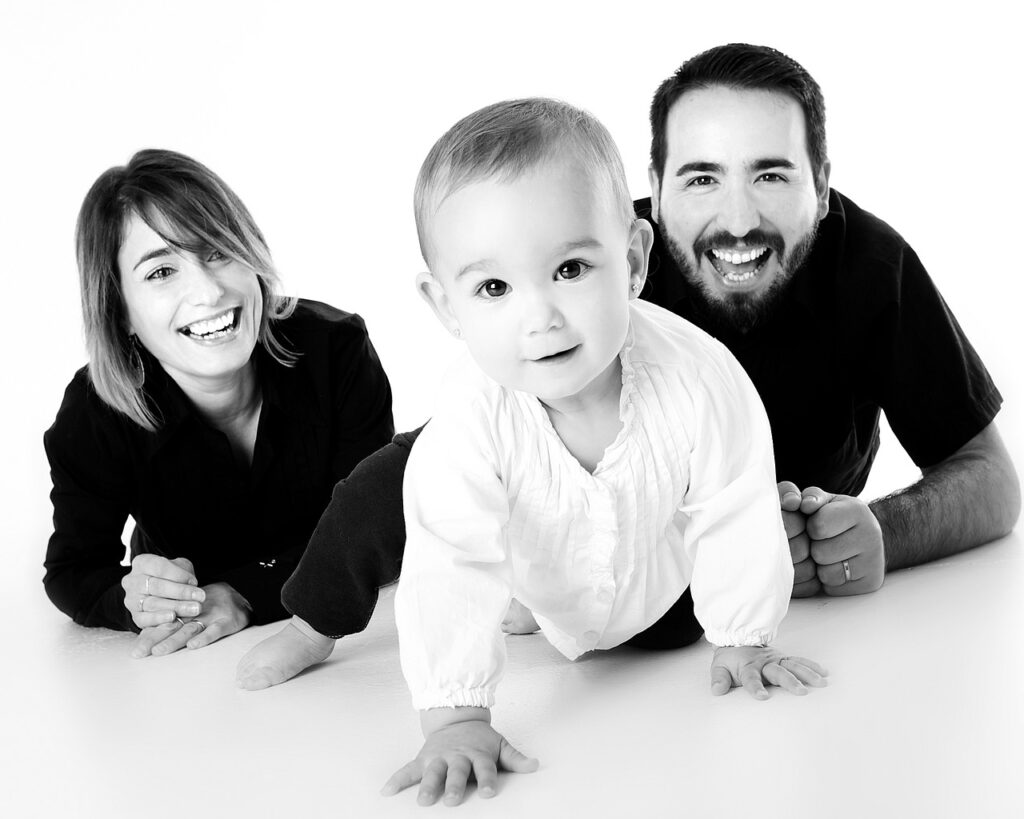
8. Trust Your Instincts
While checking reviews and policies is essential, trusting your instincts is just as important. Visit the daycare center in person to get a feel for the environment and how the staff interacts with the babies. If you feel comfortable and confident that your baby will be well cared for, it’s likely a good fit. Pay attention to how caregivers respond to your questions and concerns, as open and caring communication is key.
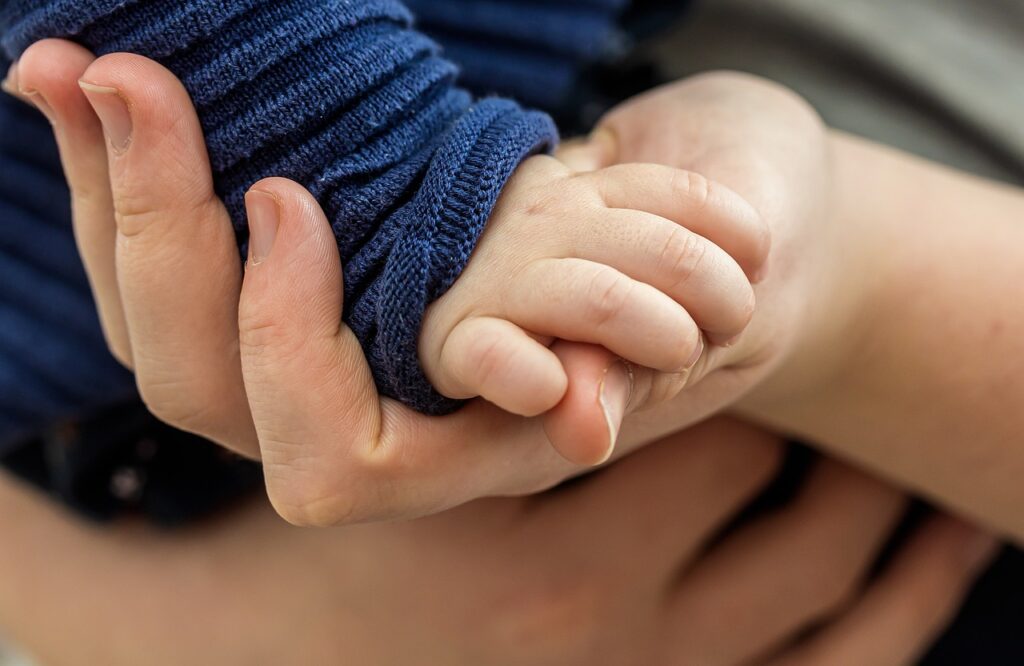
9. Location and Convenience
Choosing a daycare that is convenient to your home or workplace can make your daily routine easier. Consider the center’s hours of operation to ensure they align with your schedule. Some baby cares offer early drop-off and late pick-up options, which can be a lifesaver for busy parents.
10. Cost and Value
Daycare costs vary depending on location, services, and the quality of care provided. In 2024, the average cost for daycare of a baby can range from $800 to $2,500 per month, depending on the area. While cost is a consideration, it’s essential to focus on the quality of care your baby will receive. Many parents find that paying a little more for a trusted and reputable daycare is worth the investment in their baby’s well-being.
Conclusion: Making the Right Choice
Choosing the right care for your baby is a significant decision that requires careful thought and research. By focusing on safety, staff qualifications, and the overall environment, you can find a baby care that meets your newborn’s needs and gives you peace of mind. As a parent, trusting that your baby is in a nurturing, stimulating, and safe environment is priceless. With this guide, you’ll be well-equipped to make the best choice for your family in 2024.
Many of these centers offer flexible schedules, so you can tailor the daycare service to your specific needs. Be sure to check each center’s availability, schedule, and fees to find the best fit for your family.
What is the minimum age for enrolling a newborn in a daycare center?
Most daycare centers accept newborns as young as 6 weeks old. However, this can vary by location and specific daycare policies, so it’s important to check with the center you are considering.
What should I look for when choosing a infant care for my newborn?
Key factors to consider include:
The center’s licensing and accreditation
Cleanliness and safety standards
Caregiver-to-child ratio (ensuring individual attention)
Staff qualifications and experience in infant care
Facility’s policies on feeding, sleeping, and diapering
Daily communication updates on your baby’s activities and well-being
What is the typical caregiver-to-baby ratio at daycare centers?
For newborns, most daycare centers have a ratio of one caregiver for every 3-4 babies. This allows each infant to receive adequate care and attention throughout the day.
How do daycare centers handle feeding for newborns?
Daycare centers typically follow the parents’ feeding schedule. For breastfed babies, some centers will allow you to visit during feeding times or provide expressed milk. For formula-fed babies, caregivers will use the formula provided by parents according to the baby’s feeding schedule.
What are the sleeping arrangements for newborns at daycare centers?
Newborns are usually provided with individual cribs or bassinets that meet safety standards. Most daycare centers follow safe sleep practices, such as placing babies on their backs to sleep and ensuring cribs are free of pillows, blankets, and toys.


Pingback: Baby Care: A Comprehensive Guide for New Parents - My Blog
Pingback: Infant Care: A Comprehensive Guide for New Parents - My Blog
Pingback: Refreshment place
03c8dh
I think other web-site proprietors should take this website as an model, very clean and excellent user friendly style and design, as well as the content. You are an expert in this topic!